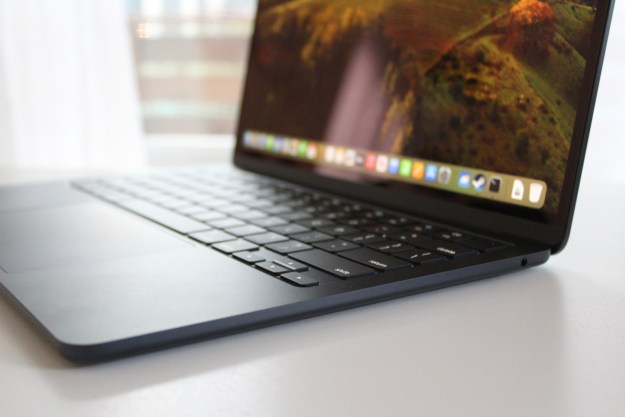When Google first launched Chrome in 2008, it was lauded for how speedy and simple it was. Unfortunately, some of that luster has faded and Chrome is mostly known for how much RAM it takes up. Google is looking to change that with the new M99 update for Mac which makes Chrome faster than Apple’s own Safari browser.
Google says that the Chrome browser on the Mac achieved the highest score in Apple’s Speedometer benchmark. This Javascript benchmark is specifically designed to test web responsiveness by simulating user actions. The M99 update on Chrome was able to achieve a score of 300, the highest of any browser to date.
Google detailed the updated changes in its Fast and the Curious blog on how it was able to increase speed on every major platform. Specifically, the company enabled something called ThinLTO, which is a technique that optimizes how code is compiled at runtime. This Github page does an excellent job of explaining Link Time Optimization (LTO) in detail. Google’s implementation basically simplifies the number of lines in the code itself.
Google says that after launching the M1 optimized version of Chrome in 2020, browser speed is up almost 43%. The ThinLTO implementation combined with graphical optimizations results in a 15% performance boost over Safari. This is important because that shows that even Apple’s vertical integration between its own silicon and operating system can be defeated by third parties on its own platform.
The Mac version of Chrome wasn’t the only platform getting a speed boost. Chrome for Android is also getting faster. Google says loading pages is up to 15% faster due to optimizations related to “prioritizing the critical navigation moments on the browser user interface thread.” The company also pointed out improvements in memory usage through “Isolated Splits“, which preloads most of the browser process code on a background thread when Chrome starts up.
Overall, this should be great news for Chrome users, especially on an M1 Mac. Chrome is still by far the most popular browser (despite its pension for being a memory hog) and this will likely keep those same users from jumping ship to Safari. That said, Microsoft’s Edge browser is still a contender now that it runs on the same engine as Chrome.
Editors' Recommendations
- 5 web browsers you should use instead of Google Chrome or Edge
- These 6 tweaks take MacBooks from great to nearly perfect
- How to take a screenshot on a Mac
- The Mac is on the verge of entering a new era
- The biggest threat to the MacBook this year might come from Apple itself




